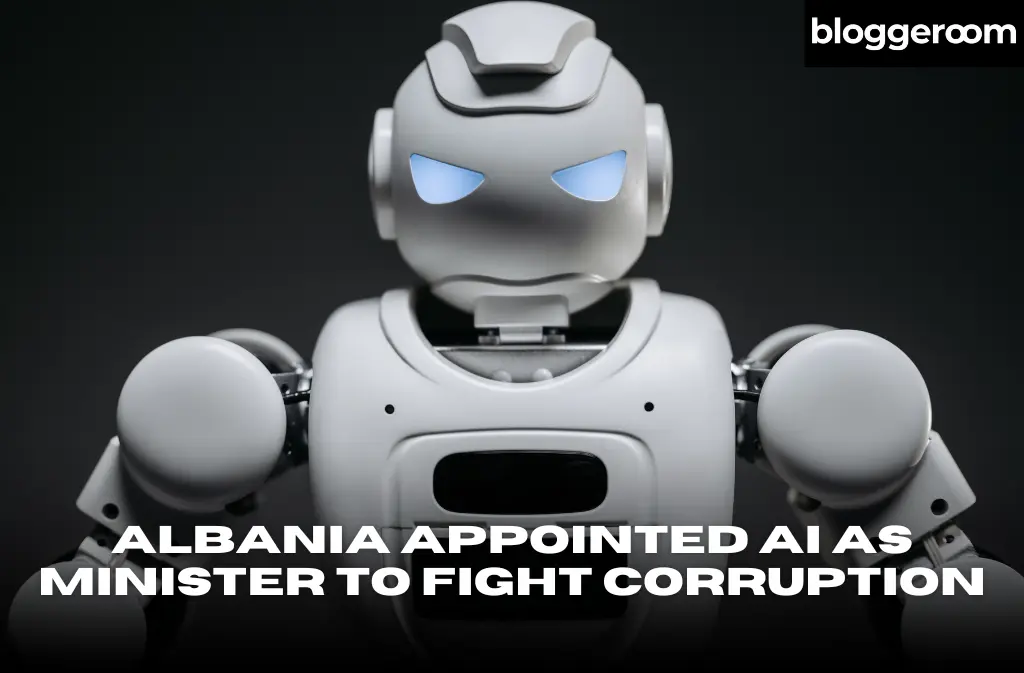Albania Appointed AI as Minister to Fight Corruption
In a move that has surprised the world, Albania has become the first country to officially appoint an artificial intelligence system as a government minister. The AI, known as Diella (meaning “sun” in Albanian), has been given responsibility for public procurement, one of the areas most vulnerable to corruption in the country.
Diella is not a robot or a human-like avatar – it is a software-based virtual system. Earlier this year, it was introduced as a digital assistant on the e-Albania portal, which citizens use to access documents and public services. Now, the government has elevated its role, hoping that by taking over decisions on tenders and contracts, the AI can ensure fairer outcomes and reduce opportunities for bribery or favoritism.
Why Albania Took This Step
Corruption has been a long-standing challenge in Albania, particularly in government contracts where billions of euros are at stake. Prime Minister Edi Rama described the appointment as part of his broader vision to make public spending “100% transparent.” According to him, an AI minister cannot be pressured, bribed, or threatened – qualities that set it apart from human officials.
The move is also politically strategic. Albania has been seeking to join the European Union, and Brussels has consistently emphasized anti-corruption reforms as a key requirement for accession. By experimenting with AI-led governance, Albania signals its willingness to modernize and align with European standards.
What Exactly Will Diella Do?
Diella will oversee how government contracts are awarded, comparing bids and detecting irregularities in the tendering process. Instead of leaving room for human bias, the system will rely on predefined rules and data analysis. Officials say the shift of decision-making power will be gradual, starting with small tenders and eventually covering larger contracts.
However, it’s important to note that Albania has not shared full details about how Diella operates. Questions remain about its algorithms, its training data, and the degree of human oversight that will remain in place.
The Concerns and Criticism
While the government hails Diella as a breakthrough, not everyone is convinced. Opposition leaders argue that appointing a non-human “minister” may not even be constitutional, since responsibility for government decisions should lie with people, not machines.
Legal experts also raise concerns about accountability. If the AI makes an unfair or flawed decision, who will be held responsible – the developers, the prime minister, or the system itself?
Cybersecurity is another pressing issue. Any system that controls major financial contracts is an attractive target for hackers. A compromised algorithm could actually make corruption worse instead of solving it.
Finally, skeptics point out that AI is not free from bias. If the data used to train Diella contains hidden patterns of favoritism, the system could unintentionally replicate them – just in a less visible way.
Conclusion
Whether successful or not, Albania’s experiment is historic. If Diella manages to improve transparency, it could inspire other nations to adopt AI in sensitive governance roles. But if it fails – due to poor oversight, bias, or technical flaws – it may serve as a cautionary tale about the dangers of handing political authority to algorithms.
For now, Albania stands at the frontier of a debate that will shape the future of governance: Should machines take on roles traditionally reserved for elected or appointed humans?
The answer may define not only Albania’s EU ambitions but also how far governments around the world are willing to go in embracing AI as a tool of state power.







